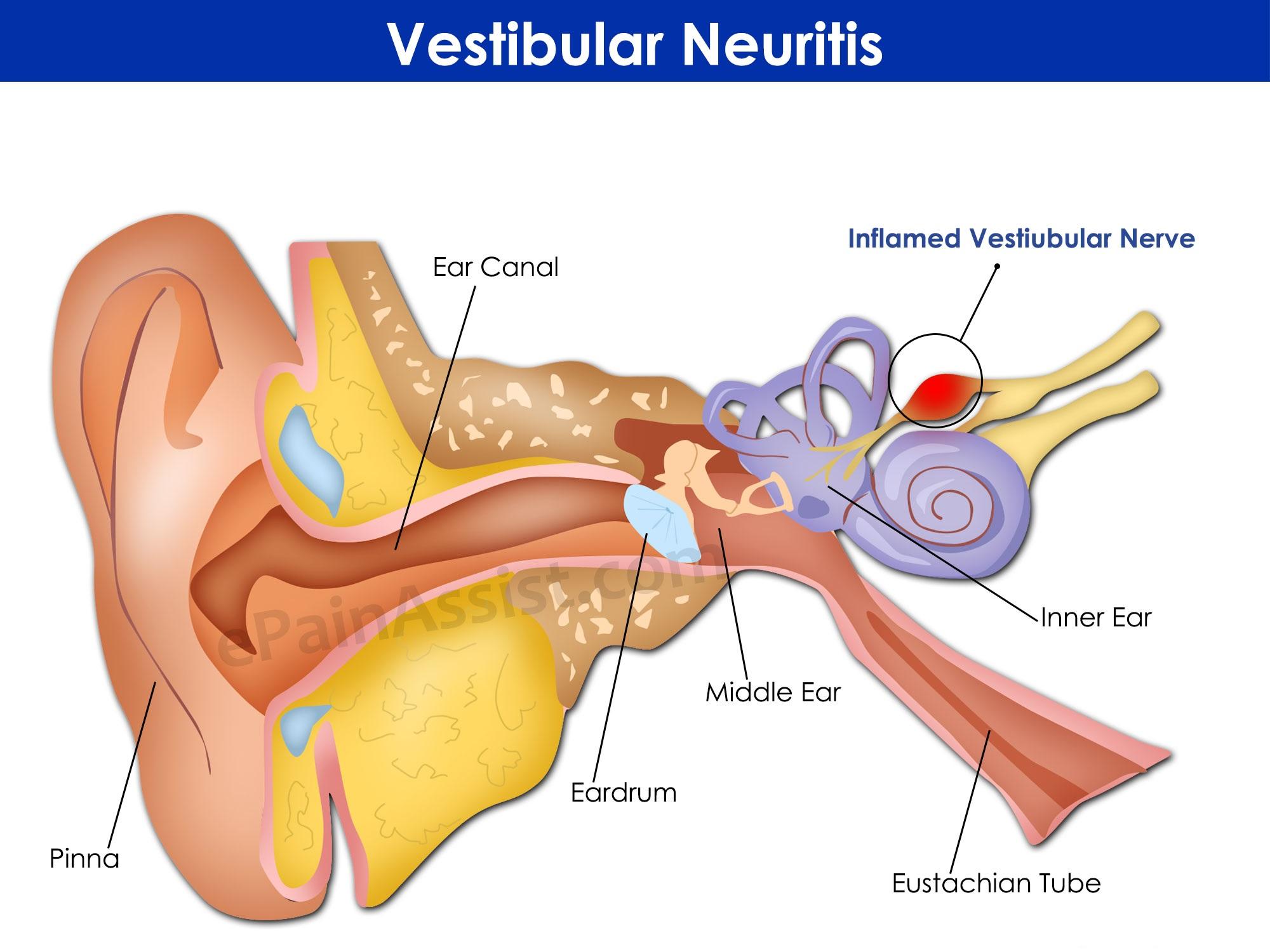


Accordingly, the VARK model doesn’t assign one modality to each person but proposes that people generally prefer a certain type (or types) of learning to others. You have only to think back on your own experience to determine that it’s possible to learn using multiple modalities, either interchangeably or simultaneously. Of course, overlap among these styles is inevitable. Aural or auditory learners do well with hearing information. Group discussions and lectures are the domain of auditory learners, compared to the quiet isolation of a library. The VARK system categorizes learners into four styles: Visual, Aural. Auditory Brainstem Response (ABR) Testing Bone-Anchored Hearing Aids. Auditory rehabilitation was selected as a broader, more encompassing term that could apply to many clinical activities. The combined aural-visual approach will be more effective in improving the reading comprehension of auditory learners and learners with no sensory modality. The aural (or auditory) learner, meanwhile, best retains information when it is presented orally through words and sounds. The Audiology and Aural Rehabilitation Clinic at University of Minnesota Medical. A reader might retain that info better if it were presented in a book or manual. AURAL/AUDITORY LEARNERS Auditory learners form connections through sounds such as words or music. A visual learner, for instance, will thrive when information is presented in the form of maps, graphs and diagrams. There are things that you and other people can do to help with your APD.Your preferred learning modality can impact your educational experience. Have a good memory for spoken information. They learn best when listening to the information. Things you can do to help with auditory processing disorder (APD) A list of characteristics auditory learners usually possess is presented below. When reading or in class, pay attention to The spoken information provided by the lecturer.
#AURAL VS AUDITORY HOW TO#
In order to perform your best in classes, learn how to use your learning style to achieve success. English (US) Old, uncommon, sounds like a much more common but different word 'oral'. Aural perception involves both hearing and listening abilities. If you know how you learn best, you can use specific methods to retain what you learn in class. One way to be truly successful in the classroom is to wrap your head around the three different learning styles according to Fleming's VAK ( visual, auditory, kinesthetic) model. As a noun auditory is (archaic) an assembly of hearers an audience. To reduce background noise, school children with APD may be advised to wear a wireless earpiece that connects to a tiny microphone worn by their teacher. AURAL/AUDITORY LEARNERS Auditory learners form connections through sounds such as words or music. (Latin: auris ear) Experienced through or by means of the ear. Understanding Visual, Auditory, and Kinesthetic Learning Styles. As adjectives the difference between auditory and audial is that auditory is of, or relating to hearing, or to the sense or organs of hearing while audial is of, or relating to hearing, or to the sense or organs of hearing. You can do it with a hearing specialist or in your own time online. Treatment usually involves activities to improve listening and concentration. Julian Henriques, Eric Jauniaux, Aude Thibaut de Maisieres, and Pierre Glat: Sound Before Birth: Foetal hearing and the auditory environment. There is no cure for APD but there are things that can help. Treating auditory processing disorder (APD) Testing for APD is not usually done on children under 7 years old. memory, problem-solving and concentration tests.The aim of aural rehabilitative efforts for deaf and hard-of-hearingindividuals is to overcome their. having electrodes on your head to measure how your brain reacts to sound Aural Rehabilitation and Auditory Perceptual Skills.Tests for auditory processing disorder (APD) The GP may refer you to a hearing specialist.



 0 kommentar(er)
0 kommentar(er)
